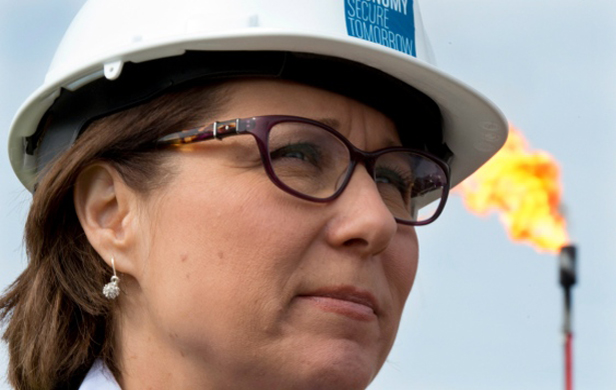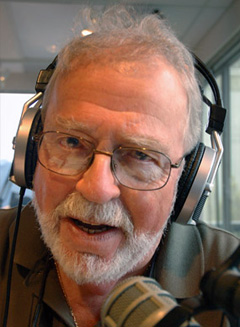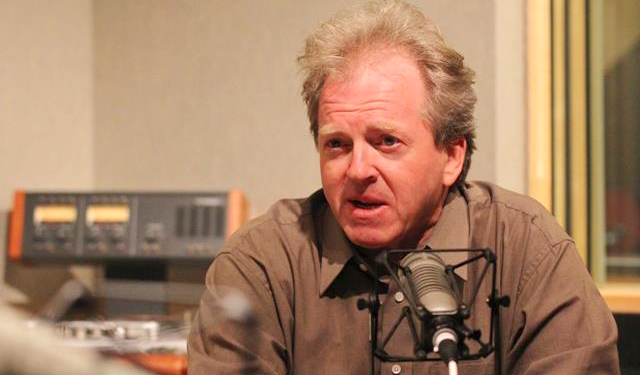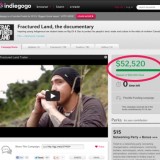Somewhere in the United States on August 20, 2013, a technician flicked a switch and Al Jazeera America joined the other networks that bring television news to Americans. At that moment, Al Jazeera became the first new source of American TV news in two decades and the first not owned by Americans. Ali Velshi, who has been charged with the responsibility of establishing Al Jazeera America in the US, explains how Al Jazeera intends to be different from its competitors — a difference that he hopes will win viewers, stimulate informed opinion and widen perspectives in a nation known for its insular views (Maclean’s, Aug. 19/13).
Americans, according to Velshi, are ready for Al Jazeera. The existing networks in the United States, in his analysis, have generally “caused Americans to consume news in smaller, less contextualized bites.” They have “sugar-coated the news… provided news that is consumable at the expense of news that is more important.” As for the quality of American news, Velshi notes, “There’s more money behind dumbing it down than there has been behind commercializing real news.”
The general strategy of the traditional networks, Velshi explains, has been to avoid “real news” by chasing the “fast-paced, popular news” that audiences want, then changing coverage “based on audience reaction.” The coverage of “breaking news” is well represented by the major networks, as is “news about celebrities”. So, too, is gossip, sports and political commentary — usually heavier on personal opinion than illuminating information.
This catering to bias, immediacy and popularity comes at the cost of neglecting substantial stories, important documentaries and investigative journalism. Beneath the surface of consumer advertising, commercial sports and adulated stardom that constitutes most American television are a multitude of serious issues awaiting deeper exploration. This is a deficit that Al Jazeera hopes to fill.
The inclination of the traditional US networks to be superficial helps to explain why the foreign policy and co-operation of one of the most powerful and influential countries in the world seems so discordant with international sensitivities. And it also helps to explain why America seems so disconnected from the environmental crises unfolding in and around it.
Granted, complex and debilitating political dynamics in America are obviously a paralyzing component. But the traditional networks have enabled this paralysis by failing to adequately and thoughtfully explore important subjects of national and international relevance. Indeed, by lowering the quality of news and failing to profile the unfolding challenges of important issues, they have earned their share of blame. The obligation of news networks in a modern democracy is to explore subjects of controversy and tension with the aim of informing and eventually resolving differences so that corrective action can be taken, both in national policy and international agreements. Disseminating informed opinion is the only way of manoeuvring through the complexities of a contemporary world and relating meaningfully with the global community.
This is a deficiency prominently obvious in the United States. And it applies most conspicuously to environmental issues. A syndrome of collective indifference has been created by tragic lapses in political bravery, public imagination and media responsibility. So the ominous body of unreported environmental concerns that keeps expressing itself in thoughtful research and insightful books is conspicuously neglected in network news. The need for the public to be informed — the most essential ingredient for a society to be viable — is compromised by the “smaller, less-contextualized bites” that dominate the news. If Al Jazeera is capable of initiating a deeper search below the surface of subjects, a serious exploration beyond the immediacy of the moment, and a sober consideration beyond the borders of the United States, this is a welcomed addition to the nation’s collective psyche — even though it may challenge narrowly held opinions.
This is not to assume that Al Jazeera is going to cover environmental issues with a diligence that is proportional to the enormity of the challenges. In reality, however, almost every subject has a crucial link to some environmental factor, a trend that is becoming increasingly obvious as climates change, ocean fish stocks deplete, species go extinct, ecologies unravel, pollution goes global, resource extraction becomes more contentious, and the search for energy gets more desperate. So any subject that Al Jazeera thoroughly and thoughtfully explores will likely involve and illuminate environmental information.
Perhaps Al Jazeera America will be a maturing influence for the United States. And it may even have global benefits if the ambitions of Ali Velshi and his television news network raise the calibre of discussions in the United States and elsewhere. As we are discovering with sobering regularity, the world is more complicated than we ever thought. So our understanding of it needs to be smartened up rather than dumbed down. Maybe Al Jazeera can help.














